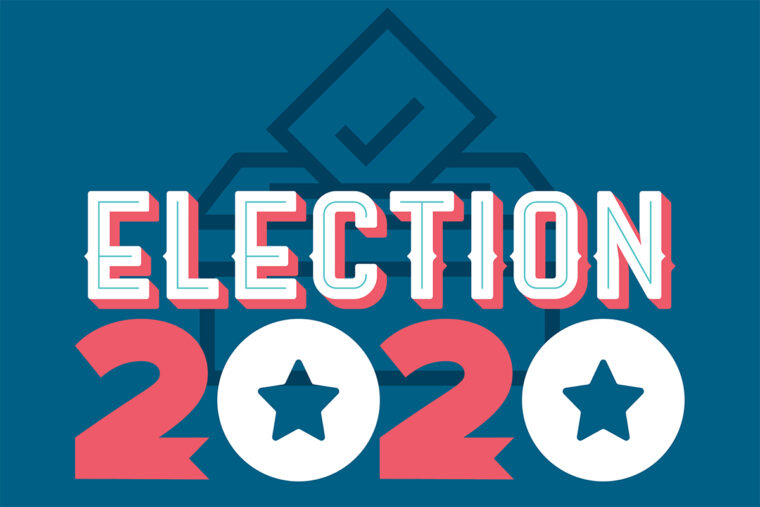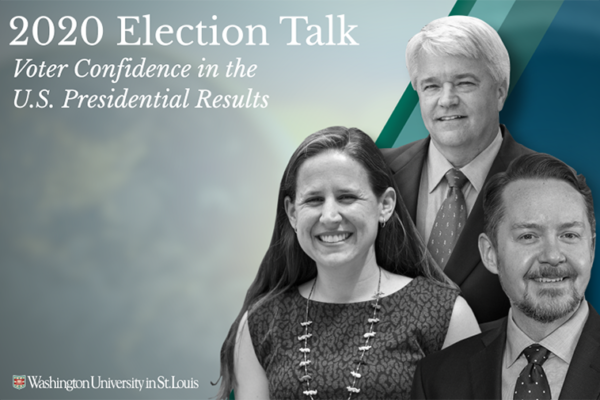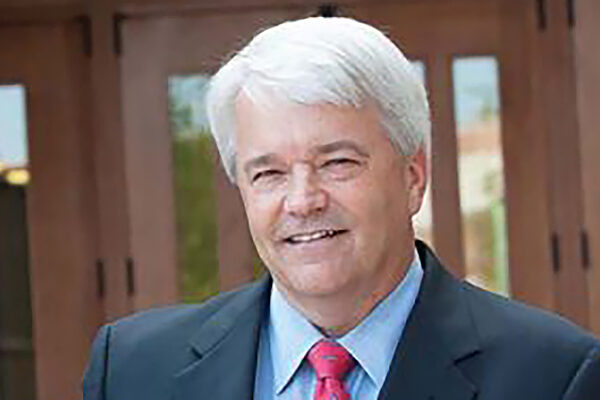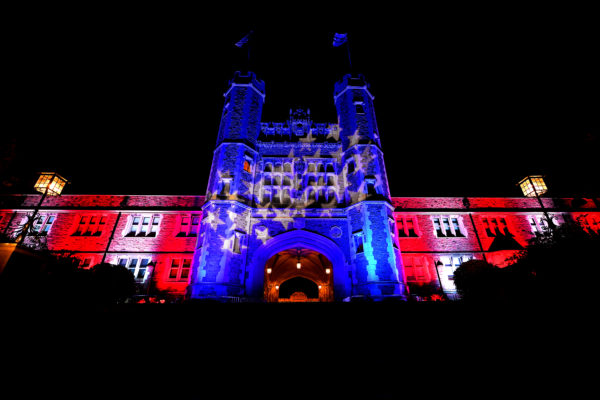After a 2020 pockmarked by a deadly pandemic, murder hornets, the death of NBA legend Kobe Bryant, national protests sparked by more citizens dying in the streets, an impeachment acquittal, a rollercoaster stock market, wildfires, hurricanes and UFO sightings admitted by the Pentagon, it was a given that this election would attract record voters. And grow contentious. And, in key states, getthisclose.
Washington University in St. Louis faculty experts, similar to their reaction to Election 2016 barely a month after the second presidential debate was held on campus, offer their predictions and perspectives on the legal battle ensuing, the transition of power and the future for both President-elect Joe Biden’s administration and President Donald Trump’s.
Nov. 9
Martin: Biden will renew environmental/climate efforts
On Nov. 4, 2019, the United States officially announced it would withdraw from the Paris Agreement, effective one year later. Beth Martin was among the Washington University faculty to comment then on the Trump Administration’s withdrawal notification to the United Nations.
“President-elect Biden announced via tweet on the same day one year later, ‘Today, the Trump Administration officially left the Paris Climate Agreement. And in exactly 77 days, a Biden Administration will rejoin it,’” noted Martin, a teaching professor in environmental studies in Arts & Sciences and associate director of the Washington University Climate Change Program.
While the Trump administration disdained warnings from climate scientists and rolled back environmental policies followed or enacted under the previous administration of President Barack Obama and Vice President Biden, Martin expects the 46th president to reverse the wave of the past four years.
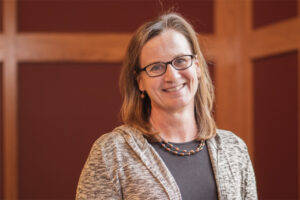
“U.S. re-engagement will begin with the submission of a revised national climate plan,” she said. “Development of that plan will provide the U.S. the opportunity, if it takes it, to implement a multi-stakeholder engagement process, developing our national climate plan across multiple sectors and scales with the input and feedback of those impacted by both our changing climate and our climate policies.
“Even with President Trump’s announcement of withdrawal several years ago, subnational and local climate action has continued and strengthened through work such as America’s Pledge and Washington University’s work through the Midwest Climate Summit. The current oscillation of U.S. international climate policies demonstrates the importance of local climate action and multi-sectoral commitment to climate action.”
Brown: Electoral College still speaks to slavery; now is time to revisit
“Every four years, both the Democratic and Republican parties hope the Electoral College will work for them,” said Rachel Brown, assistant professor in the Department of Women, Gender, and Sexuality Studies in Arts & Sciences.
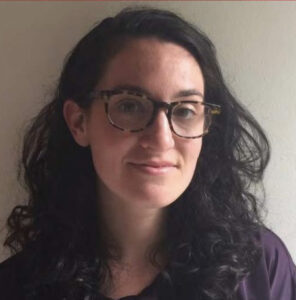
“This presents an opportunity to revisit the historical and ongoing entanglements of this system with race, property, wealth and political power. Through the Electoral College, the authors of the Constitution engineered a compromise between those advocating for a popular national vote and those believing Congress should choose the president. As articulated by James Madison, himself an enslaver, the Electoral College would allow the South to count the enslaved population toward its total number of electors, despite they themselves not being allowed to vote.
Read her full WashU Experts piece here.
Crum: Lesson learned in record-breaking early voting
Credit U.S. election officials and offices with handling 100 million-plus early ballots, whether by mail or in-person ahead of Nov. 3. And learn a key lesson from this process, says one WashU election-law expert: Count them beforehand.
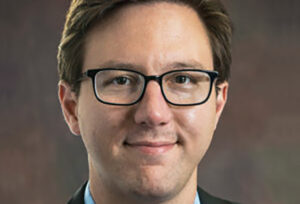
“Despite the coronavirus pandemic, Americans voted in record-breaking numbers, and those votes were counted accurately,” said Travis Crum, associate professor of law and expert on voting rights and election law. “This accomplishment is due in no small part to the hard work of election administrators and poll workers, who deserve immense praise for running free and fair elections while being woefully underfunded and underappreciated.
“One silver lining to this pandemic election might be greater reliance in the future on early in-person voting and mail-in ballots, which make it easier for Americans to vote. And as the days-long delay in calling the election for President-elect Joe Biden demonstrates, states should follow the example set by Ohio and Florida of counting mail-in ballots before election day, rather than afterwards as Pennsylvania does.”
Nov. 10
McBride: Election could have profound impact on future of U.S. health policy
“The U.S. Supreme Court is taking up a case which could have profound implications for the Affordable Care Act (ACA),” said Timothy McBride, the Bernard Becker Professor at the Brown School at Washington University in St. Louis and a noted health economist. And Nov. 10 was the very day that oral arguments were scheduled to be presented to the Supreme Court justices in California v. Texas, in which 18 Republican-led states and two Texas citizens challenged the constitutionality of the “individual mandate” included in what is known as Obamacare.
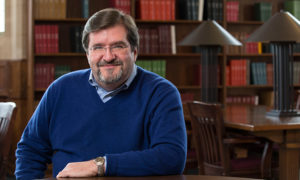
“The case could lead to the declaration of the entire ACA as unconstitutional, should the court agree with the view of the lower court and the position argued by the Trump administration,” he said. “The case is complicated and several other outcomes are possible, which could lead to much less severe impacts on the ACA, including if the court throws out all challenges to the ACA. But another possible outcome is that the court could decide that the provision at issue — the individual mandate — can be ‘severed’ from the whole ACA, which was over 2,700 pages long, and leave the rest of the law intact. It is also possible that the Supreme Court could declare the ACA unconstitutional, which would lead to about 20 million more people becoming uninsured.
“All eyes are on the Supreme Court’s arguments, which start Nov. 10, since there is a new member of the court, Justice Amy Coney Barrett,” McBride said. “Certainly she will have a different view on the ACA than the justice she replaced, Justice Ruth Bader Ginsburg, who voted to uphold the constitutionality of the ACA in a closely held 5-4 decision.
“On the other hand, it is worth remembering that there are now three new Supreme Court justices on the court who were not there when the last decision was made: Barrett, Brett Kavanaugh and Neil Gorsuch. So it is difficult to tell what the outcome will be. Most observers think it will take several months for the court to release its incredibly important decision.”
Smith: What the polls failed to anticipate
The pre-election polls showed Biden winning the 2020 presidential election, some predicting a landslide. While Biden ultimately prevailed, the margins were paper thin in many battleground states. And in Georgia, Arizona and North Carolina, the race is still too close to call as of Nov. 9. What happened?
President Trump benefited from a late surge in voters that heavily favored him, according to Steven Smith, the Kate M. Gregg Distinguished Professor of Social Science at Washington University in St. Louis.
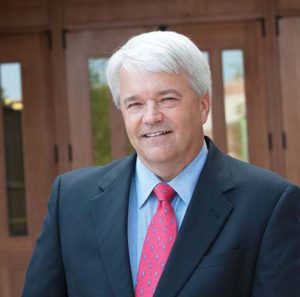
That late surge also threw off national polls, which screen for likely voters. “The polling errors were greatest among states that went for Trump,” Smith said. “It is likely that the screens threw out too many voters who failed to vote in recent elections. Hidden Trump voters — those who refuse to admit that they plan to vote for Trump — may be a part of the story, but it is more likely to involve likely voter screens and weighting methods.”
In the midst of a pandemic, voter turnout was always going to be the wildcard in this year’s election. The substantial increase in voter turnout was probably fueled by intense candidate and media attention, especially in battleground states, Smith added.
The voter turnout that favored Trump also spilled over into congressional races across the country, according to Smith. In our nationalized political environment, ticket-splitting has become increasingly rare.
“People increasingly vote for parties, rather than individual candidates,” Smith said. “It’s more difficult for candidates to be independent or a maverick within their parties. Voters do not care about personal attributes as much as they care about party affiliation.”
As a result, the number of districts where the presidential outcome is different than the House outcome is very close to zero, Smith said, and much lower than a generation ago.
Vittert: Pollsters lost touch with middle America
Liberty Vittert looks at polls and the pollsters from a data-analytics perspective, given her statistical background. She is professor of practice in data analytics in the Olin Business School at Washington University in St. Louis.
As she wrote Nov. 5 in a New York Daily News op-ed and Nov. 7 for Fox News, using a data lens she publicly foretold of Trump’s victory before it surprised the pollsters and oddsmakers in 2016, and she predicted in October how this 2020 balloting would go.

“The pollsters really did flub up 2016, and, unfortunately, they have not only not learned from their mistakes, but also flubbed up 2020 to an even more epic degree. While they did get it right that Biden would win, the error in their estimate of how much he would win by was off by an even bigger margin than 2016,” Vittert said. “So what happened?
“We have two main issues at play: shy/scared voters and a misunderstanding of approval ratings.
“First, pollsters greatly underestimated — and did this to a much greater extent in 2020 than in 2016 — the number of ‘shy’ voters. These are people who chose not to answer truthfully to the pollsters. I would argue that ‘shy’ is a misnomer, and the better terminology is ‘scared’ voters who are unwilling to risk the hassle, harassment and real-life, very serious downsides to admitting that they might vote for Trump.
“A study out of USC showed that if you ask voters who they think their neighbors or friends are going to vote for, instead of asking who they are going to vote for, then magically Biden’s 10-point lead shrunk by half to a 5-point lead. Now, it is clear this was a problem in 2016 and 2020 — the real question is that with President Trump headed out of office will this be a problem with the polls in 2024?
“Second, there is one polling device that tends to be a very significant variable in pollster’s determination of which candidate is in the lead: approval ratings. While Trump has the lowest approval rating in history at only 41% — almost 15 percentage points below the average — we are missing two very important aspects of approval ratings.
“Approval ratings don’t compare between people, they simply ask if you approve of the president, meaning that while you may ‘disapprove’ of Trump, you could have potentially disapproved of Biden even more — meaning you would vote for Trump. More importantly, what the pollsters are missing is that it really doesn’t make sense to compare Trump’s approval ratings to past presidents because he already started off so low.
“Let me explain: Trump has the smallest difference in spread — highest and lowest — of approval ratings over time. He never varied by more than 13%; the next-lowest spread was President John F. Kennedy at 27%! This means that Trump has what is arguably the strongest base of any president since Franklin Delano Roosevelt. Furthermore, a simple analysis shows that Trump tended toward even higher approval ratings ever since he took office — a clear sign that his base wasn’t going anywhere and was, in fact, growing.
“These two issues were enough to have pollsters off by epic margins. So can we still trust them? If they finally fix their ways, we can trust them again, but they have a long way to go.”
Nov. 18
Flowe: ‘Political division now constitutes separate realities’
The 2020 presidential election is over. Joe Biden has won. Donald Trump’s vote totals, electoral count and legal challenges have all fallen short.
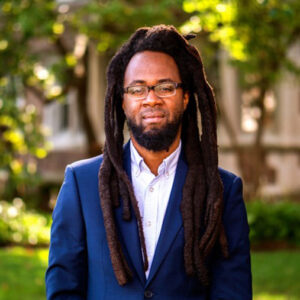 And yet the clarity and consensus that elections once brought, however grudgingly, now founders on the rocky shores of post-fact partisanship, says Douglas Flowe, assistant professor of history in Arts & Sciences at Washington University in St. Louis.
And yet the clarity and consensus that elections once brought, however grudgingly, now founders on the rocky shores of post-fact partisanship, says Douglas Flowe, assistant professor of history in Arts & Sciences at Washington University in St. Louis.
Despite what most of the world sees as a political victory for Joe Biden, the end of the presidential election has descended into a kind of chaos with which we’re all too familiar,” Flowe observed….
Read his full WashU Experts piece here
